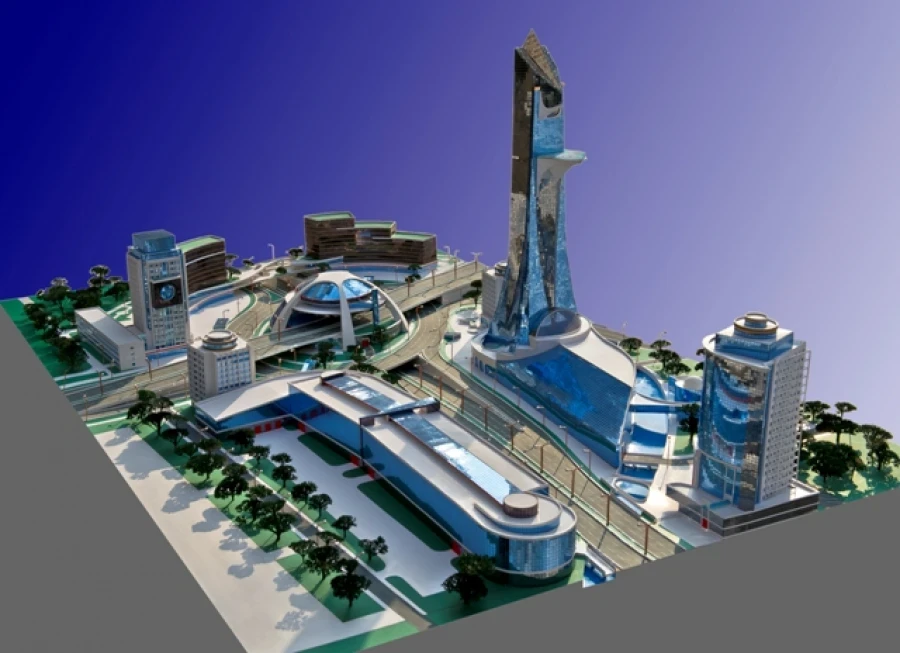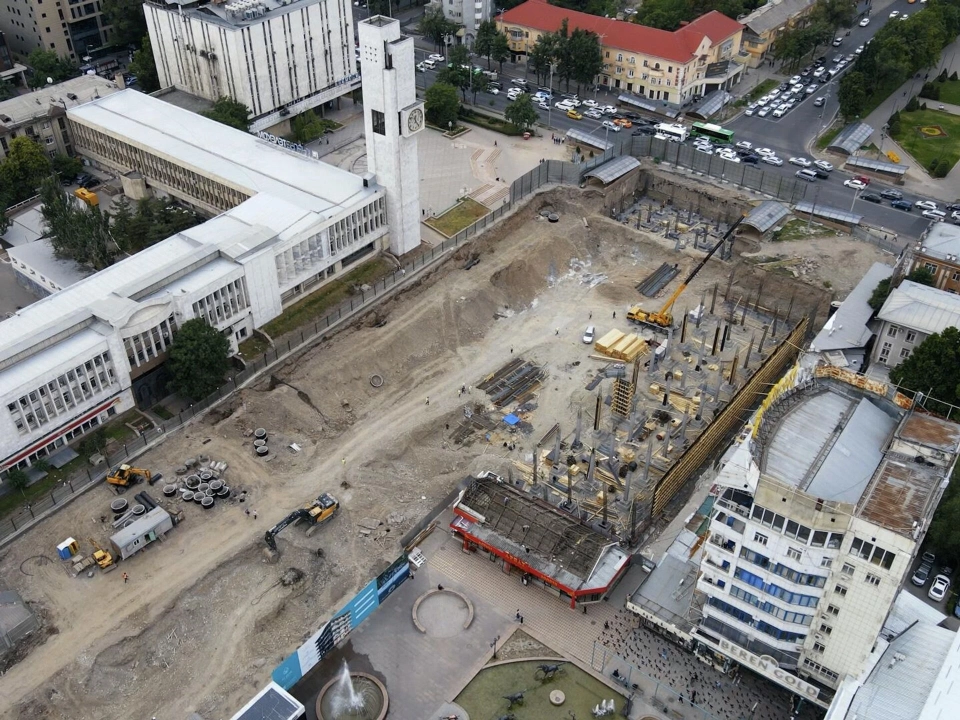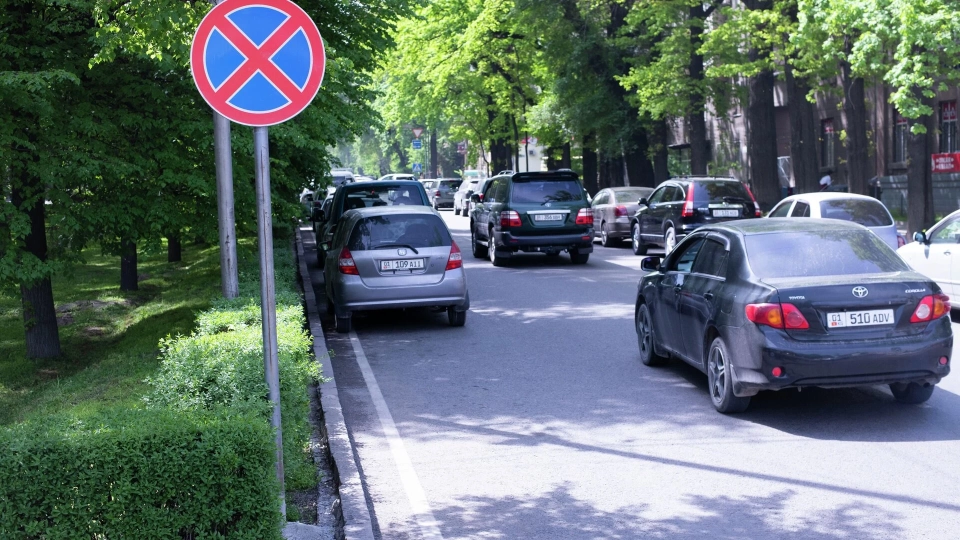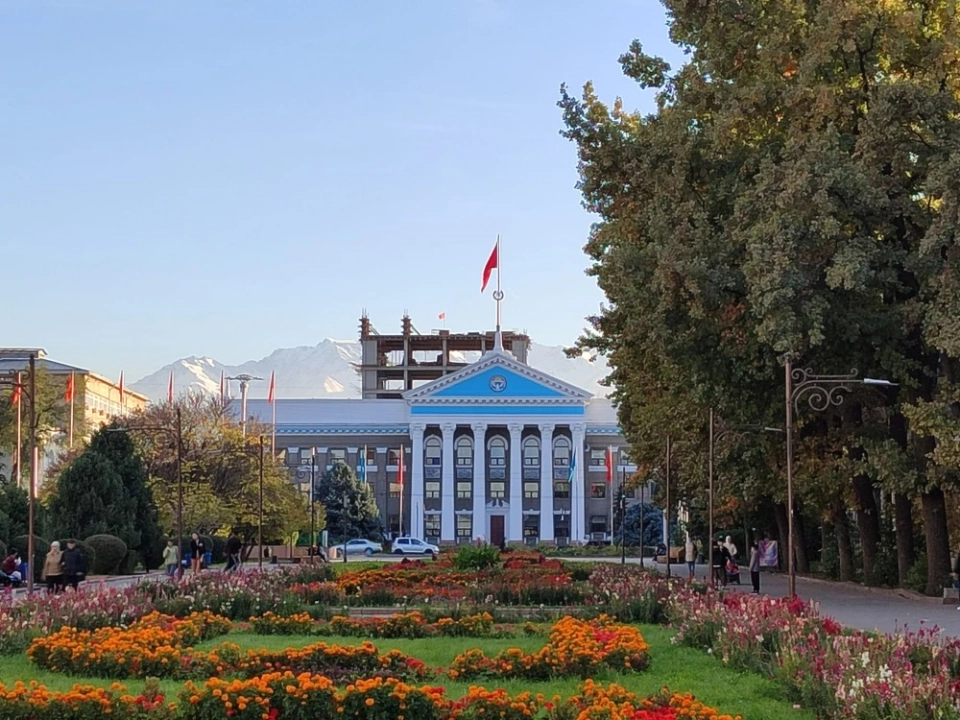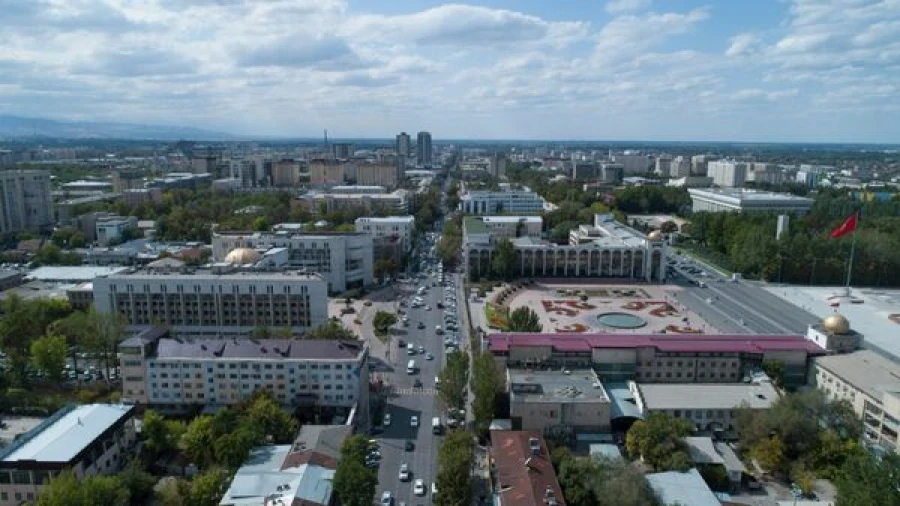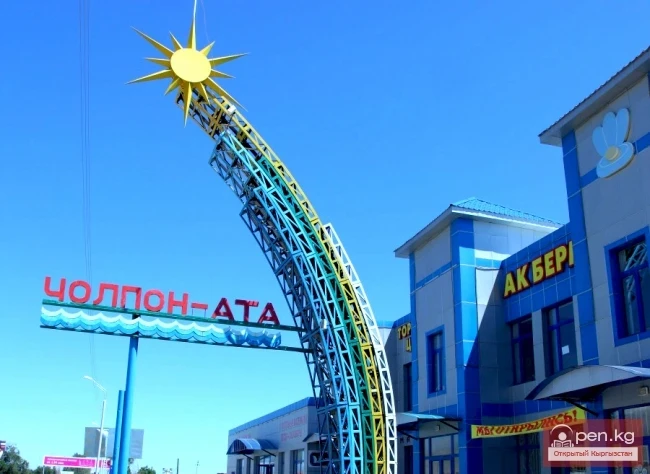New Perspectives: From Renovation to Public Transport
The Bishkek City Hall announced the readiness of a new general plan for the capital, which will soon be presented for public discussion.
The working version of the general plan is already available to residents, and they have raised questions, in particular, about why the trolleybuses were canceled if trams are planned for the future, which require additional tracks and wires.
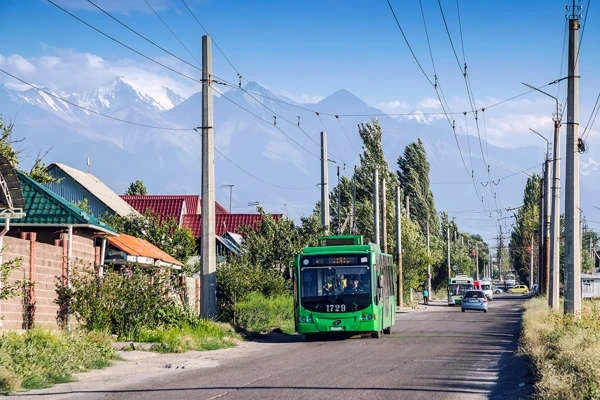
“The current functional scheme of the city does not take into account pedestrian accessibility to green areas, especially in residential neighborhoods in the west and east of Bishkek. After the administrative-territorial reform, the city hall should have planned the construction of social facilities in the new areas, such as schools, hospitals, and parks, to reduce municipal debt. However, this is not yet observed,” noted Dmitry Pereyaslavsky, an urbanist and ecologist, in his comment for Vesti.kg.
According to the expert, the presented plan is merely a draft that requires further refinement and discussion with the public.
“An analysis of the needs of the citizens has not been conducted. The shortage of social facilities in Bishkek is already noticeable, especially given the growing high-rise construction. This will lead to an increase in municipal debt for social facilities,” he added.
The parking issue also requires attention, considering that hundreds of thousands of cars are registered in the city, and their number continues to grow.
“It is predicted that the population of Bishkek will grow to 2 million people, while currently more than 1.1 million live here. This affects the road situation, traffic jams, and the lack of parking spaces. The general plan must take into account the development of urban infrastructure; otherwise, the expansion of roads at the expense of green spaces will worsen the ecological situation,” emphasizes the urbanist.
According to the general plan, an increase in the height of buildings is anticipated in Bishkek, which may negatively impact the existing infrastructure, including water supply, electricity supply, and sewage systems.
“Educational institutions will experience additional pressure, as schools currently operate in 2-3 shifts, which affects the performance and health of students and teachers. Water supply and medical services will also require intensified work. It is necessary to increase the number of social facilities and consider the possibility of purchasing land for their construction,” noted Pereyaslavsky.
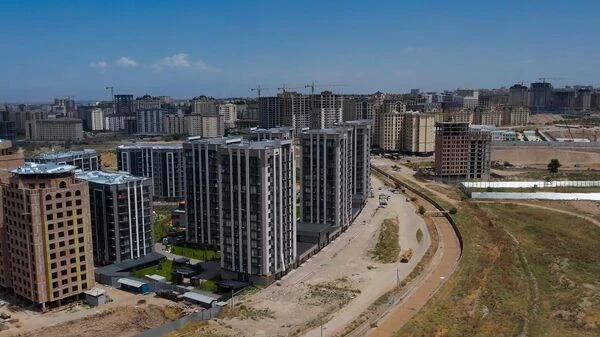
The question of introducing trams raises doubts, especially after the removal of trolleybuses. Pereyaslavsky emphasizes that we need "clean air" and there is not enough space for laying tracks. At the same time, organizing commuter trains for the satellite cities of Bishkek, such as Kant and Tokmak, could be a positive step. However, with trams, the situation looks as if the city is taking a step back while trying to move forward. Given the narrow streets, expanding at the expense of green spaces will only worsen the ecological situation,” expressed the ecologist's concerns.
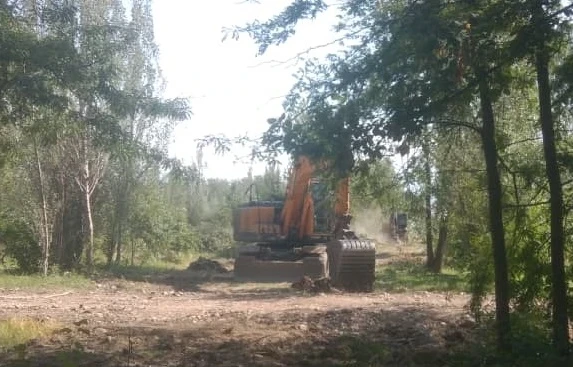
According to Dmitry Pereyaslavsky, the city hall has not yet sent invitations for expert and public discussions of the general plan.
“They simply posted the dates of public hearings on their website. We, as Urban Hub, plan to study the general plan and prepare recommendations that we will try to pass on to the city hall. We hope they will take our suggestions into account in the final version of the general plan. The main remark is that the city should develop evenly, rather than focusing on specific areas, to avoid problems with traffic jams, overloaded infrastructure, and ecology,” he suggested.
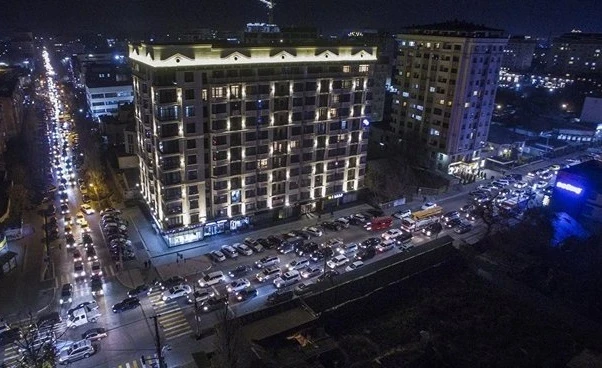
The Bishkek City Hall may consider the possibility of renovation, as discussed by both the city head and the Ministry of Transport leadership. The expert noted that the renovation process should be justified.
“It is important to understand the condition of the buildings, to adequately assess their operational capabilities, and to offer appropriate compensation to the owners. It is unfair to relocate people from a three-room apartment in the city center to a one-room apartment on the outskirts. Renovation and infill construction will still lead to negative consequences. The infrastructure needs to be reviewed and modernized, especially considering the water shortage and electricity problems in the capital. Everything should develop systematically, and the general plan should be followed by projects to improve water, transport, and social infrastructure,” concluded Dmitry Pereyaslavsky.
Photo www
